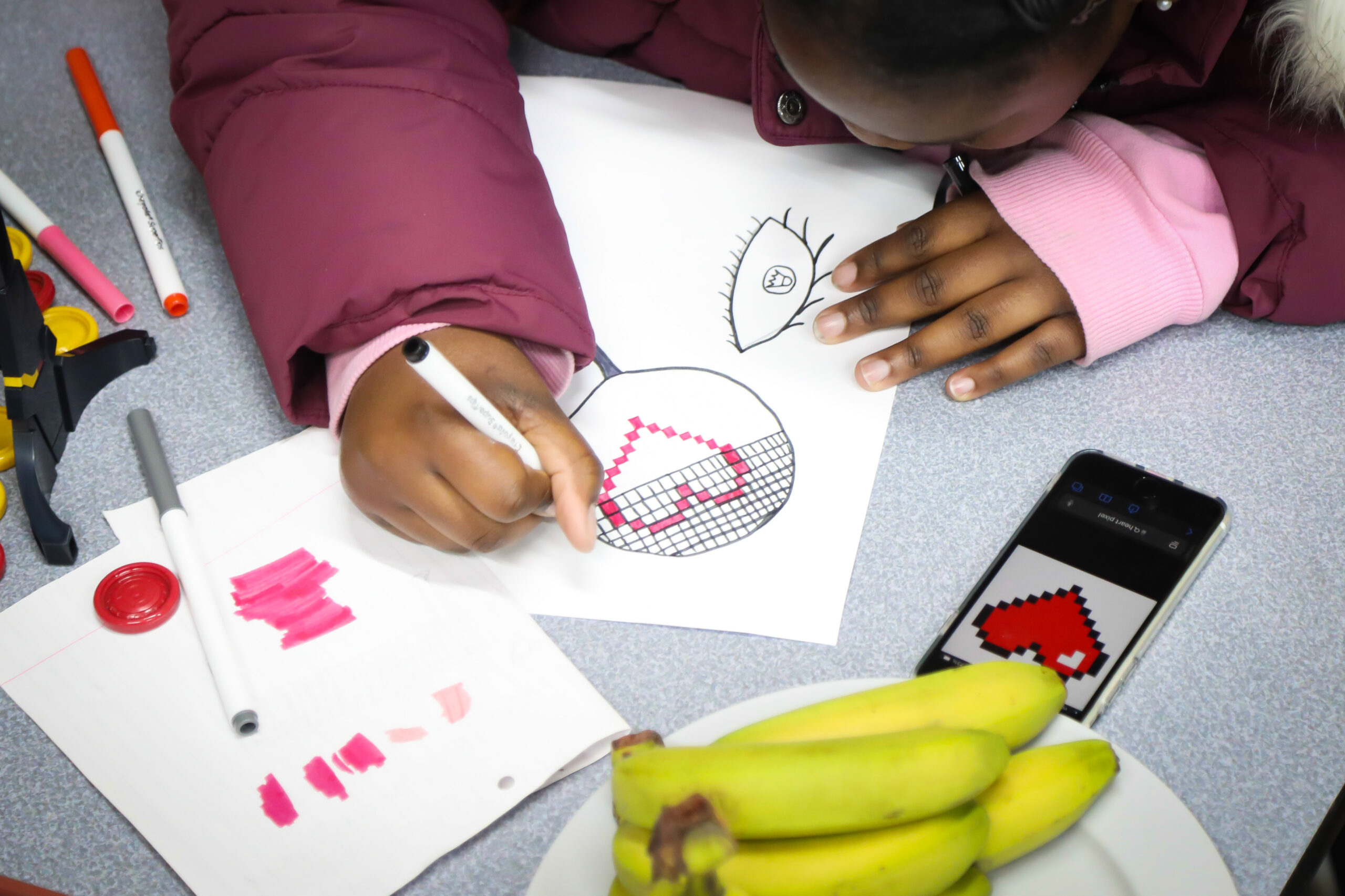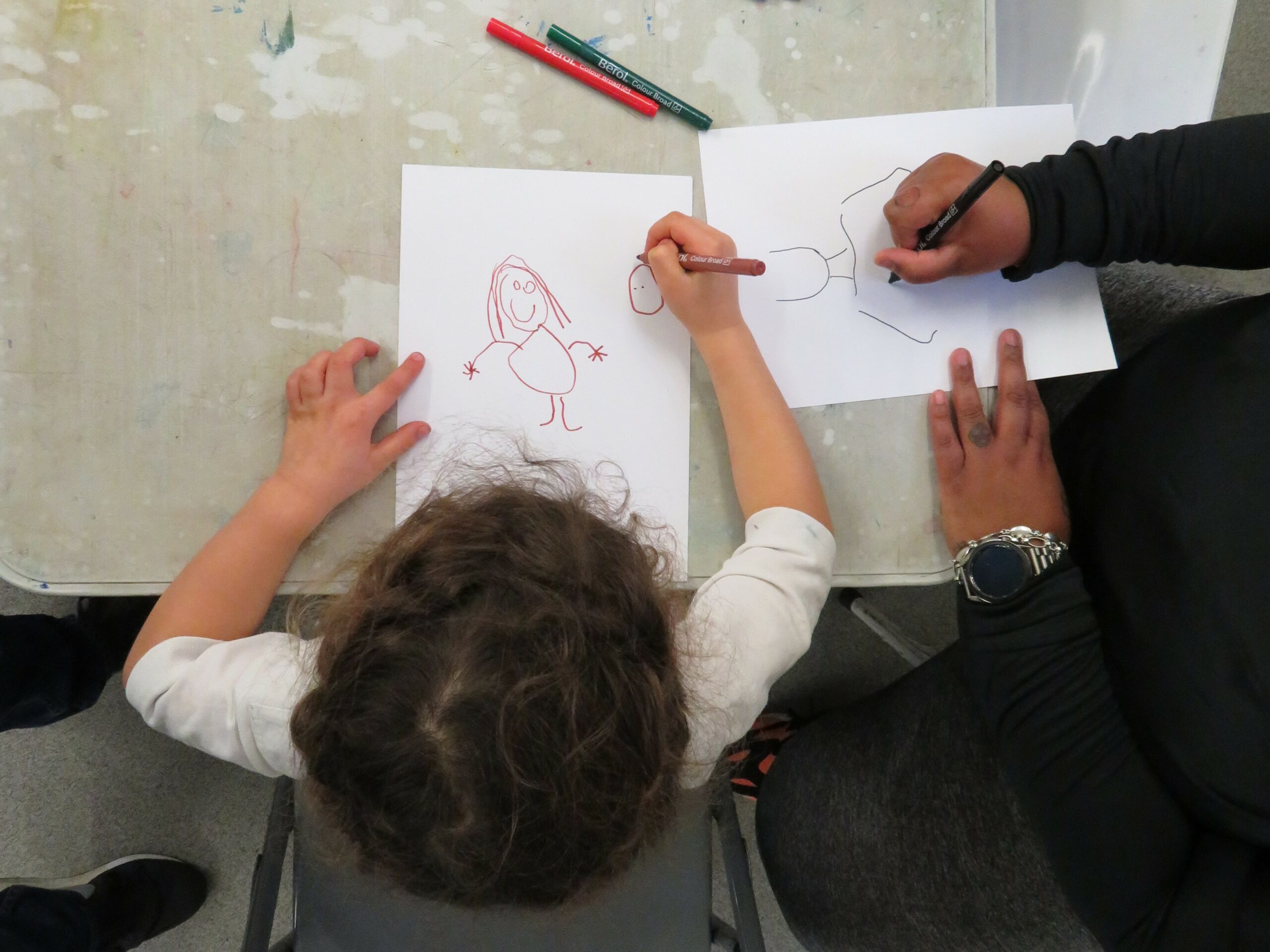The Poverty Strategy Commission’s report sets out how deep poverty in the UK could be eradicated.
Deep poverty means a family or individual cannot afford even the most basic needs, like sufficient food, heating, housing, and clean water, and experiences severe hardship and social exclusion as a result,
Poverty rates are rising, especially amongst children, with 36% currently living in poverty, which calls for urgent action.
The Childhood Trust firmly backs the approach laid out in this report, including:
- The removal of the two-child benefit limit
- Free school meals to be made automatic for all eligible children
- Calls on employers to pay fair wages
- Ensure housing and childcare are supplied at a reasonable cost
- Adoption of a Benefit Floor as a ‘safety net’, protecting people from being forced to live in deep poverty
The need for this work has never been stronger. If the approach in this report is adopted, significant improvements can be made, lifting thousands of children and their families out of poverty.
Findings show the UK is experiencing its highest level of poverty on record and London has the highest rate of relative child poverty in England. Even families in which all adults work full-time experience rates of poverty, where there is a level of material deprivation where families cannot afford things that other people in the UK consider normal, like day trips, a mobile phone, internet access and transport.
A third of children are living without enough food, warmth, security and freedom to participate in simple childhood activities and these are the children we are focused on supporting at The Childhood Trust. Every person, but above all, every single child, should live free from the stress, uncertainty and disadvantage of poverty.
The report calls for 'cross-societal social contract' and at The Childhood Trust, we are committed to playing our part. We are here to act in collaboration - with charities, funders, philanthropists, commercial organisations, central Government and local councils – as a positive force for change, ensuring every child in London is prepared for life and has the opportunity to thrive.


